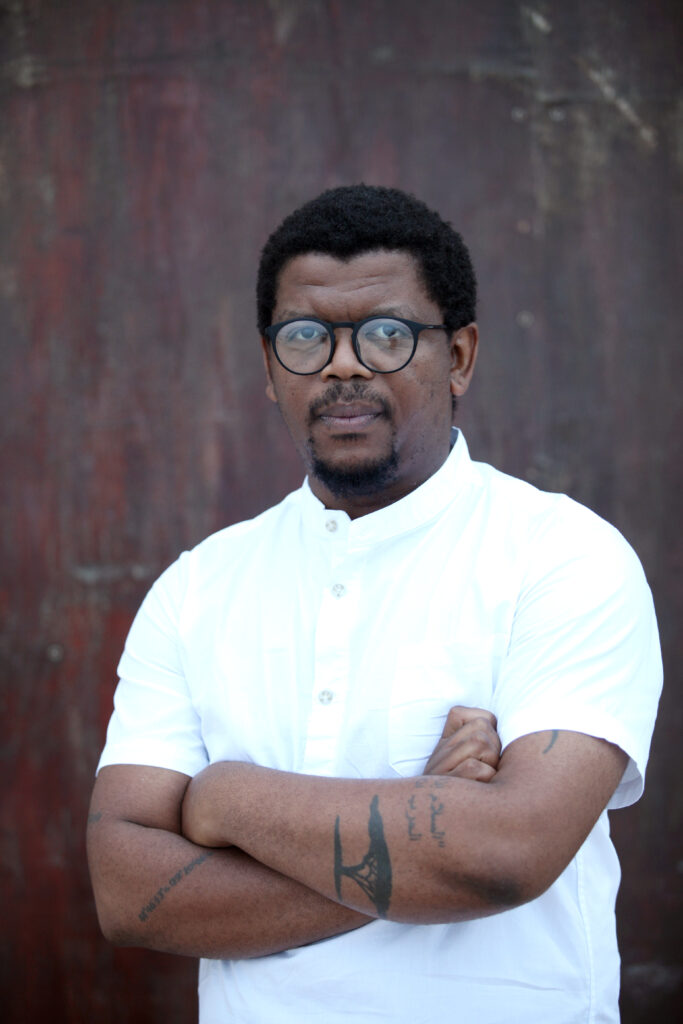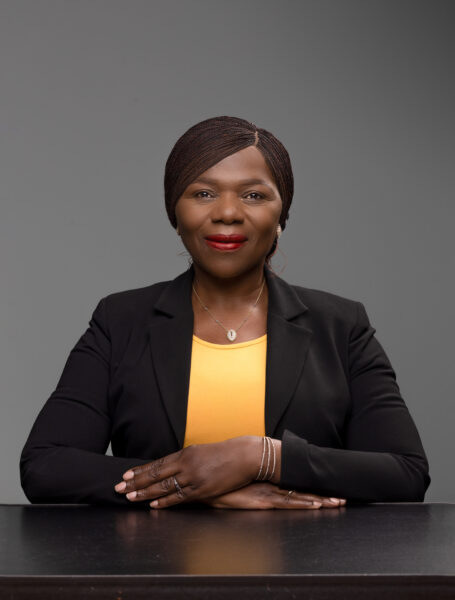Social Justice
Still In Pursuit Of Justice
During an anti-apartheid march led by clergy, including Archbishop Desmond Tutu and Rev Dr Allan Boesak, in 1992, I saw this quote “A government without justice is little more than a group of bandits”.
I was barely a teenager at the time, and that quote, shouted from a poster hoisted during the march in Cape Town, stuck. It stuck, I think because it helped 11-year-old me verbalise what I had effectively thought of the apartheid government to that point. Little did I know then how true those words would ring today.
In just 10 days, we, the families of Fort Calata, Matthew Goniwe, Sparro Mkonto and Sicelo Mhlauli will commemorate the 37th anniversary of their watershed funeral.
On that cold Saturday of 20 July 1985, 60 000 mourners from all across the world defied a government ban. They travelled to the little Karoo town of Cradock to pay their last respects to four husbands, fathers, sons and leaders of a successful revolution.
At the time of their murders at the hands of apartheid security forces, Lingelihle, the township where we all lived, was governed by the people for the people. The only township at the time to have successfully given full expression to the ANC and OR Tambo’s call to “make townships ungovernable”.
PW Botha’s declaration of a state of emergency later that afternoon, just hours after the Cradock Four’s funeral, would prove to be the beginning of the end of apartheid rule.
In 1989, the first inquest into the Cradock Four murders found no one to blame for their deaths. Just a year later, on 2 February 1990, Botha’s successor, FW de Klerk, made his now-famous address to Parliament in which he unbanned political parties such as the ANC, PAC and SACP, and announced the release of political prisoners, including Nelson Mandela of course.
Eighteen days after Mandela was sworn into office as South Africa’s first democratically elected president, on 10 May 1994, Judge Neville Zietsman handed down judgement in the second inquest into the murders of my father and his comrades.
Zietsman found that the Cradock Four were assassinated by state security forces. Unfortunately, he didn’t name names, but added that cases of murder been made against some individuals, including the head of the military in the Eastern Cape at the time, Brigadier Christoffel “Joffel” van der Westhuizen.
Despite this smoking gun, and the Truth and Reconciliation Commission denying amnesty to six other security branch officers in 1998, we, the families, aren’t any closer to justice today for Calata, Goniwe, Mkonto and Mhlauli than we were on the day of their funeral.
Instead, we’ve heard how their former comrades actively suppressed the investigations and prosecutions of all TRC-related cases, such as that of the Cradock Four, of Nokuthula Simelane, Ahmed Timol and at least 300 others.
Since then, I’ve watched the National Prosecuting Authority obfuscate and delay a decision on whether it will prosecute the surviving suspects linked to the Cradock Four murders.
Because of the role I’ve had to step into to pursue justice for my father (and consequently the others), I’ve had the difficult task of explaining these ongoing delays to my mother and the other widows. I’ve had to witness their painful expressions of utter bewilderment as they try to make sense of the betrayal from comrades, now leading a government that they once believed would honour their husbands’ sacrifices and deliver justice for their lives.
The quote “A government without justice is little more than a group of bandits” – once represented the criminal and unjust apartheid regimes led by DF Malan, Hendrik Verwoerd, PW Botha and FW de Klerk. But today, in July 2022, just days before my family, the Fort Calata Foundation and I, mark the 37th anniversary of my father and his colleagues’ funeral, this quote, that once commanded my attention as a child, now represents the unjust, yet so-called democratic ANC government as led by Mbeki, Zuma and Ramaphosa.
Ironically, I also remember that Mandela once said, “if the ANC does to you what the apartheid government did to you, then you must do to the ANC what you did to the apartheid government”.





